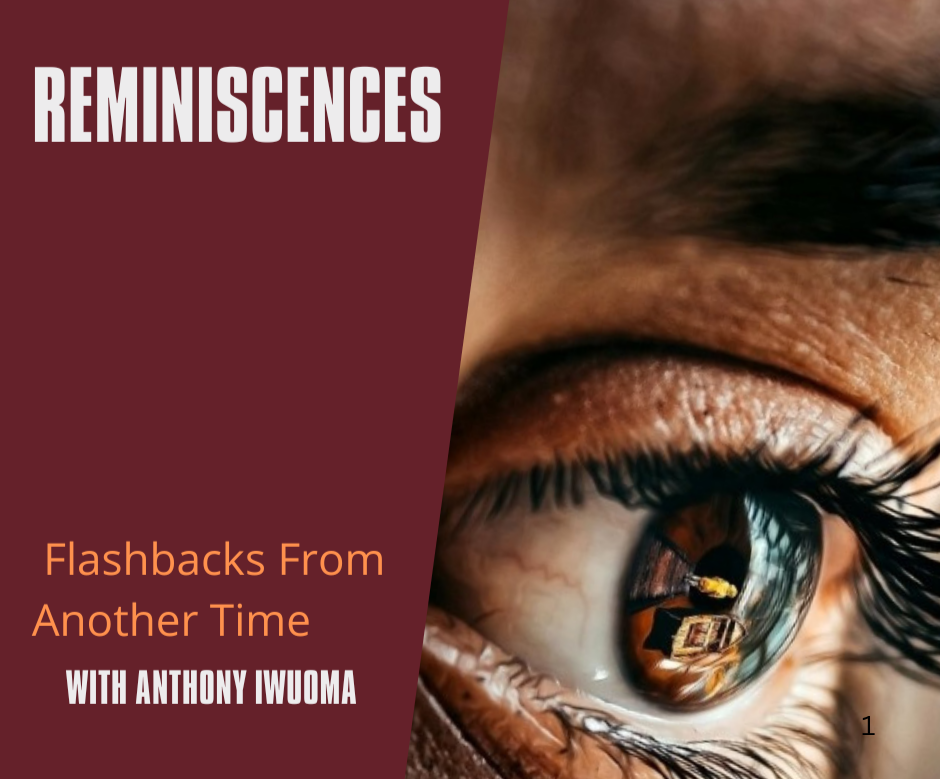
By Publisher
Kindly share:
Now that Jubril of Sudan has finally died, again, the nation has gathered with its tattered agbada of collective memory to perform a dirge thick with selective amnesia. From the corridors of Aso Rock to the slums of Ajegunle, from the shrines of Twitter priests to the pews of WhatsApp evangelists, the eulogies are flowing like subsidized fuel at an NNPC station during election season. And oh, how sweet the sound of lies masquerading as tribute.
Let it be said plainly: there was never a Jubril. The idea that Buhari died and was replaced by a Sudanese doppelganger is as ludicrous as Nigeria having constant electricity or a budget without padding. But in a country where truth is a ghost and rumour a demigod, Jubril lived. Not in flesh, but in fable. Not in Sudan, but in the cracks of a failing republic.
And so, now that “Jubril” has finally “died,” the hypocrites emerge, arms outstretched, holding bouquets of praise and backhanded compliments. Even those who once whispered that he was cloned are now singing “Buhari was a patriot,” as if patriotism is defined by prolonged silence, closed borders, and opening the floodgates to debt.
Let us pull back the curtain.
In 2015, Buhari descended from the mountain of Daura, wrapped in the aura of Spartan discipline and the legend of 1983. They called him the anti-corruption crusader, the General who would bring order to a democratic mess. Gone were the flamboyant days of GEJ’s hats and oil-fueled mediocrity. The people wanted a strong man. A man of principle. A man with no bank account (allegedly) and one worn-out cow.
He arrived with the gait of discipline and the silence of a man unsure if he was President or prisoner of expectations. The broom was raised, the chants rang out, Sai Baba! And so began the era of waiting. We waited six months for ministers, eight years for stable power, and a lifetime for coherent speeches. Buhari made time an enemy of governance.
But the faithful remained faithful. For the first year, every failure was blamed on Goodluck Jonathan. For the second year, it was blamed on patience. By the third year, it was blamed on recession, sabotage, and the mischievous forces of evil, who live inside the CBN vault.
What did Buhari do? His admirers say he “fought corruption,” which in Nigerian terms means: arrest your enemies, recycle your friends. Under his watch, corruption did not die; it evolved. It wore agbadas, flew private jets, and sat on the boards of oil companies. It dined with governors, who pledged allegiance and jailed the ones who didn’t.
There was Magu, suspended for… well, corruption. There was the grass-cutting scandal with Babachir Lawal, a drama so absurd it made Nollywood jealous. There was the NNPC saga, the disappearing snake money, the budget padding, and the sudden multiplication of presidential jets. And yet, Buhari wore his blank expression like a bulletproof vest. Nothing stuck.
Security? Under Buhari, insecurity became a GDP category. Boko Haram was “technically defeated” so many times that it deserved an honorary degree. Bandits became businessmen. Kidnappers opened franchises. The Nigerian Army became a PR firm, issuing press releases after every ambush. The Chibok girls were joined by Dapchi, Kagara, Kankara, and Jangebe, until school attendance became an act of bravery.
Still, they said, “He meant well.”
If you survived Buhari’s economy, you can survive war. That’s a fact.
The Naira learned to limbo under his watch. Inflation danced like a masquerade on cheap gin. Rice became a luxury. Bread became holy. Fuel subsidies were removed, then reintroduced through the backdoor, and then eventually treated like ghosts: everyone feared them, no one could find them.
Jobs? The youth became freelancers of survival. Tech hubs rose not from policy but from frustration. Nigeria became the poverty capital of the world while our leaders flew to London for dental checkups.
Yet, his eulogizers now say he “stabilised” the economy. Stabilised, perhaps, the same way a car stabilises at the bottom of a valley after falling off a cliff.
Under Buhari, democracy was not killed. It was sedated.
#EndSARS was the scream of a generation. Buhari responded with curfews and confusion. The Lekki Toll Gate massacre was denied, then debated, then drowned in silence. Judicial panels were formed like band-aids on bullet wounds. No one of significance was punished. Justice became a luxury, and silence became policy.
Freedom of speech existed in theory. Protesters were arrested. Journalists were detained. Dissent was labeled as terrorism. Twitter was banned for hurting the president’s feelings. And yet, he was called a “democrat” by those whose mouths were lined with oil contracts.

Now that Buhari has left office, his praises are sung by those who feared him while he ruled. Political jesters declare him “a man of integrity” in the same breath they discuss new fuel subsidies. Newspapers print sanitised tributes sponsored by ministries still recovering from embezzlement. Foreign observers call him “stoic”, which is the polite way of saying he did nothing and looked like he meant it.
And what of the people? The real Nigerians? They whisper his name like a curse. They remember the scarcity, the queues, the fuel hikes, the power outages, the herdsmen, the hunger. They remember the silence. The long, painful silence of a President who vanished when it mattered most.
They speak of failed security, of inflation that eats like termites, of a nation adrift, but where were these voices when dissenters were being silenced? When borders were closed while cronies prospered? When herdsmen ran wild and “unknown gunmen” became a national euphemism? When hashtags became battlegrounds, and the dead were buried with hashtags and silence?
But, perhaps, that was the plan all along. To do little, say less, and survive long enough to be praised for not dying in office. Even that became a miracle. And now, with his departure, the myth of Jubril finally dies too.
So, let the dirge be sung, but let it be sung with full knowledge of its falsehood. Buhari was not Jubril. But he was no messiah either. He was a man molded by military rigidity, outdated ideals, and a nation that desperately needed change but settled for presence.
But now, now that Buhari has finally exited the political stage, the eulogies flow thick with irony. Men and women who once called him saviour now compose hymns of disappointment. Those who cheered his military tone now complain of echoes in empty promises. His dirge is being sung not by enemies, but by allies, who cannot look in the mirror without seeing the reflection of their complicity.
Now, they say he “meant well.” That favorite Nigerian phrase, “he meant well”, is the linguistic anaesthetic we inject into our collective failures. They say he was “misled,” as though the office of the President came without the key of accountability.
And what of Jubril, the myth, the metaphor? Perhaps, he never died because he was never a person. He was a symbol. Of disbelief. Of distrust so deep, it crafted a double because the real thing was too unbelievable to be true. In that sense, Jubril dies now not because he was real, but because the regime that gave him breath has finally exhaled.
So, let them sing their dirge. Let the hypocrites wail and the faint-hearted scribble tributes soaked in revisionism. History has a long memory, even if our nation suffers from chronic amnesia. The truth is not that Jubril of Sudan has died. The truth is, he was never the problem.
We were.
Now that Jubril is finally dead and Buhari too, perhaps, we too can retire the need to invent saviours. Nigeria does not need a ghost, a clone, or a lion. It needs leaders who speak when it matters, act with integrity, and remember that governance is not a myth to be managed, but a duty to be fulfilled.
Until then, the dirges will continue, hypocritical as ever, because in Nigeria, death is often the best PR. Because we speak not ill of the dead. So, we stretch our hypocrisy to the extreme, making sinners saints in death. But does this move the truly incorruptible heavenly choir?
Nevertheless, there goes Muhammadu Buhari, a man of great stillness in a time of great urgency. He led with quiet conviction, so calm that the nation often strained to hear his voice. A symbol of incorruptibility to some, and of indecision to others, he walked the fine line between principle and passivity. In a country desperate for transformation, he offered steadiness, not of progress, but of presence. History will debate his legacy, but one truth endures: in the storm of Nigerian politics, Buhari was the eye, calm and unmoving, surrounded by chaos.
And here’s to the lord, the knave, and the serf, think about the day when you too shall lie cold and still, draped in a mat or body bag and shipped to feast the worms where dirges and ululation mean nothing.



